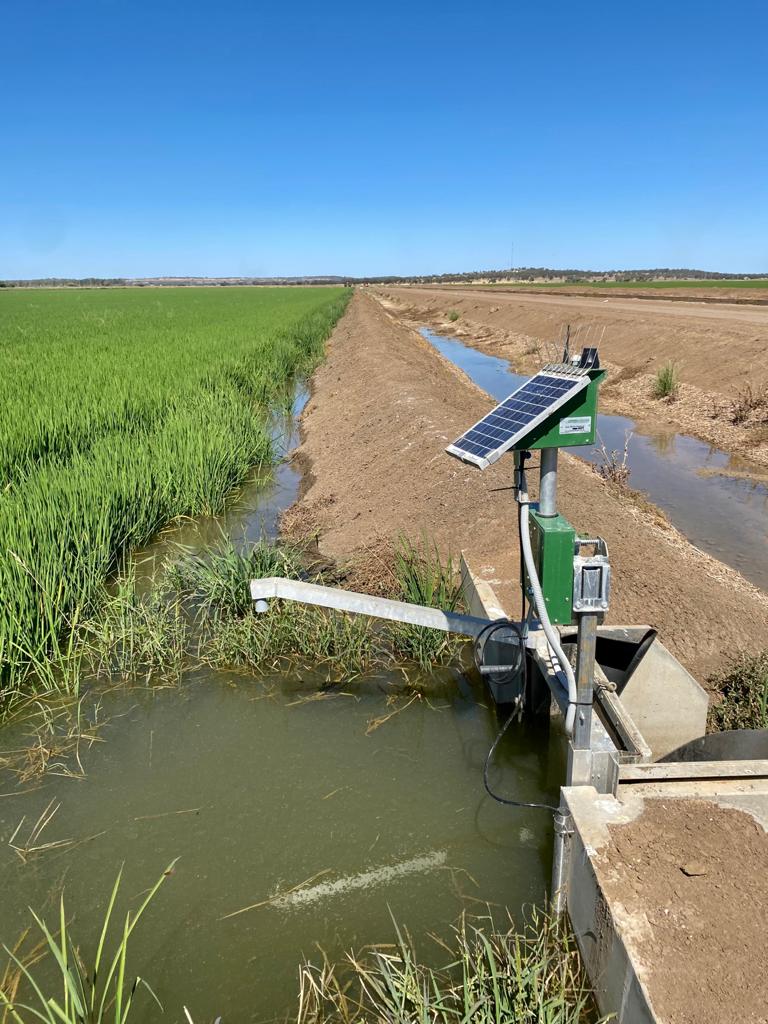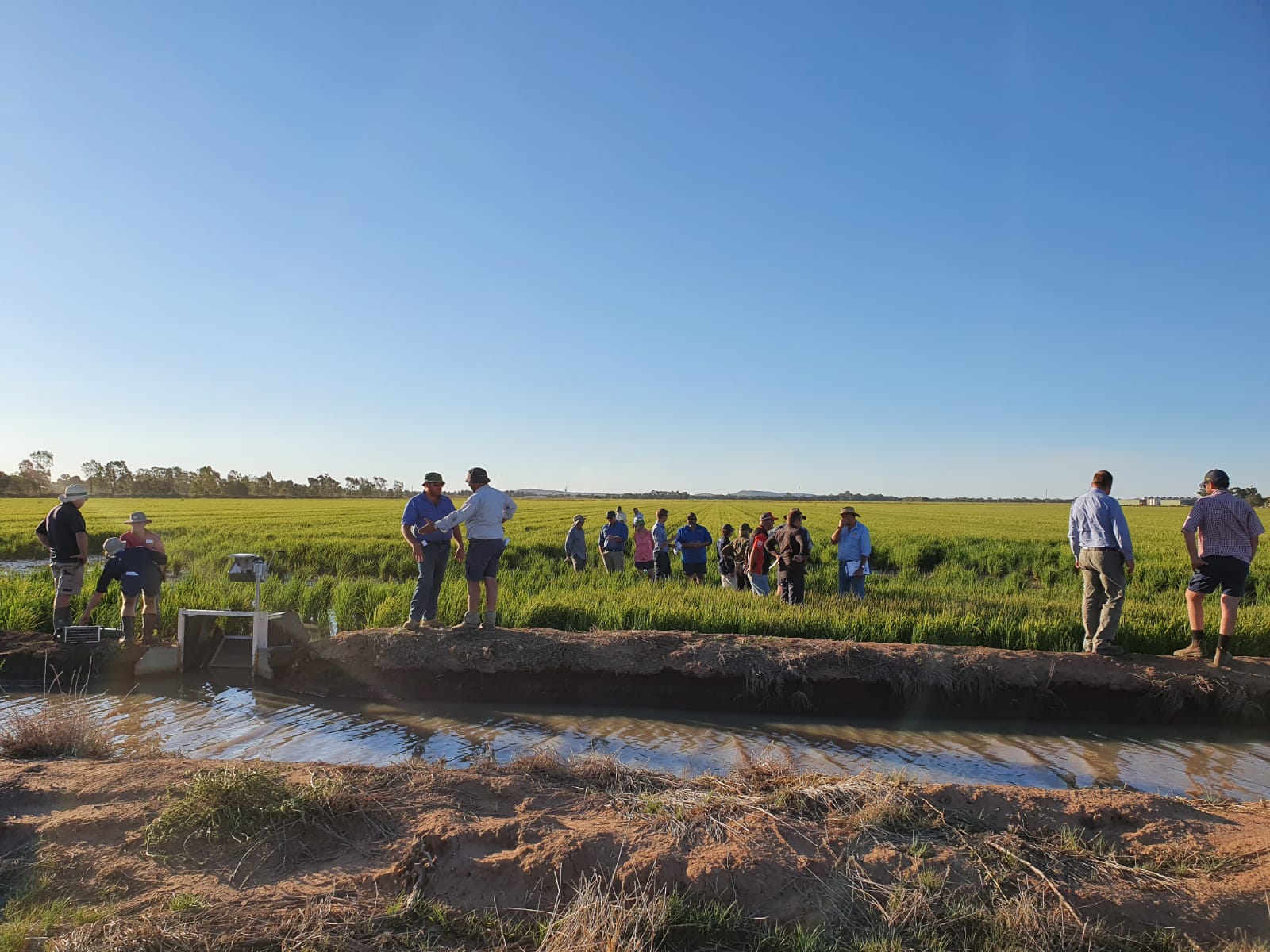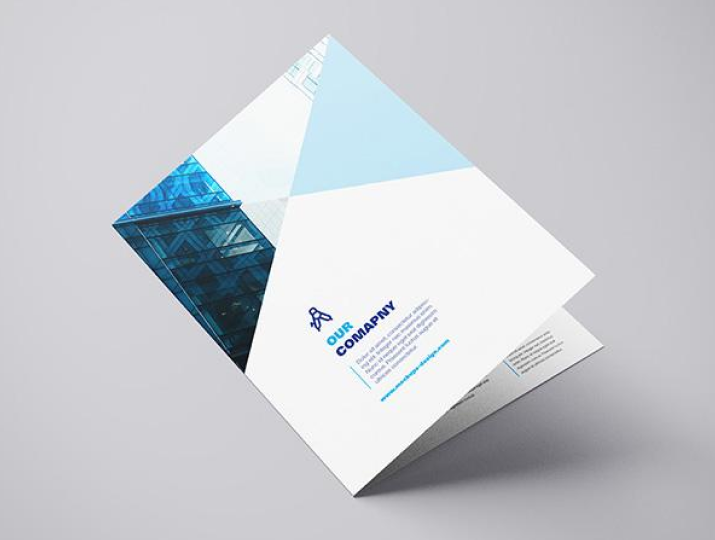Matt Champness talks; Determining irrigation triggers in water saving rice culture and implementation of Padman Automation in commercial settings.
Matt is a PhD student at Deakin University’s Centre for Rural and Regional Futures based in Griffith NSW focusing on irrigation management in rice systems. As part of the Smarter Irrigation for Profit project, the Griffith Irrigation Research team is undertaking “Smart Irrigation Control for Water and Labour savings in Rice” co-funded by the federal government, Deakin University and AgriFutures. Matt is specifically investigating the trigger points of when to initiate irrigation events in delayed permanent water and aerobic rice.
The rice industry has set an ambitious target of achieving 1.5t/ML by 2030. To achieve this goal, growers will need to reduce the period of permanently flooded rice and transitioning to dry rice culture with more frequent flush irrigations. Currently, there are no well defined trigger points to assist growers in the decision of when to irrigate, nor cost effective sensor technologies.
Matt is, therefore, investigating the extent of soil moisture deficit on rice before yield is limited with the goal of irrigation management to maximise water productivity. This involves experimentation on commercial farms with different soil moisture tension thresholds used to trigger irrigation events.
As irrigation farmers know, changing water is time consuming and this time could be better spent doing other farm tasks. As rice growers continue to adopt water saving rice culture with increased frequency of flushes, this will increase the time spent pulling boards – the same way Egyptians were managing water 5000 years ago. Automation takes the labour out of water runs and enables growers to spend that time undertaking higher opportunity cost activities such as spraying or non-tangible benefits – going away for Christmas with the family.
Automation can enable and enhance the adoption of increased frequency flush irrigation associated with water saving rice culture as well as maintaining ponded water height during the cold sensitive reproductive periods. This ensures irrigation actions occur when required, saving considerable water and labour.
Matt is combining low-cost IoT data loggers used to monitor soil moisture with Padman Automation to irrigate fields when they reach set critical soil moisture tension thresholds. Remote control Padman Automation technology makes his research much less labour intensive by removing the need to drive out and change water every 4 hours – something tradition board pulling farmers are sick of.
Whilst this is only Matt’s first year of his PhD, he strongly believes at the end of 3 years he will be able to provide rice growers with a soil moisture tension range to initiate irrigation events to minimise yield loss whilst substantially reducing water use, resulting in a significant net increase in water productivity and assisting the industry to reach 1.5t/ML. Padman’s sensing technology enables farmers to know current soil moisture and their closed loop automation will see autowinches open at the right time to maximise water productivity. Automation is an enabling technology – allowing farmers to irrigate when crops need it, whilst they go about their day, saving precious water and time.

Matt has already accomplished so much with determining irrigation triggers in water saving rice culture and we can’t wait to see all that Matt accomplishes in his time.
View the Padman Automation products Matt mentions here.
If you are not already, be sure to follow along the journey with Matt at the Smarter Irrigation For Profit Website




